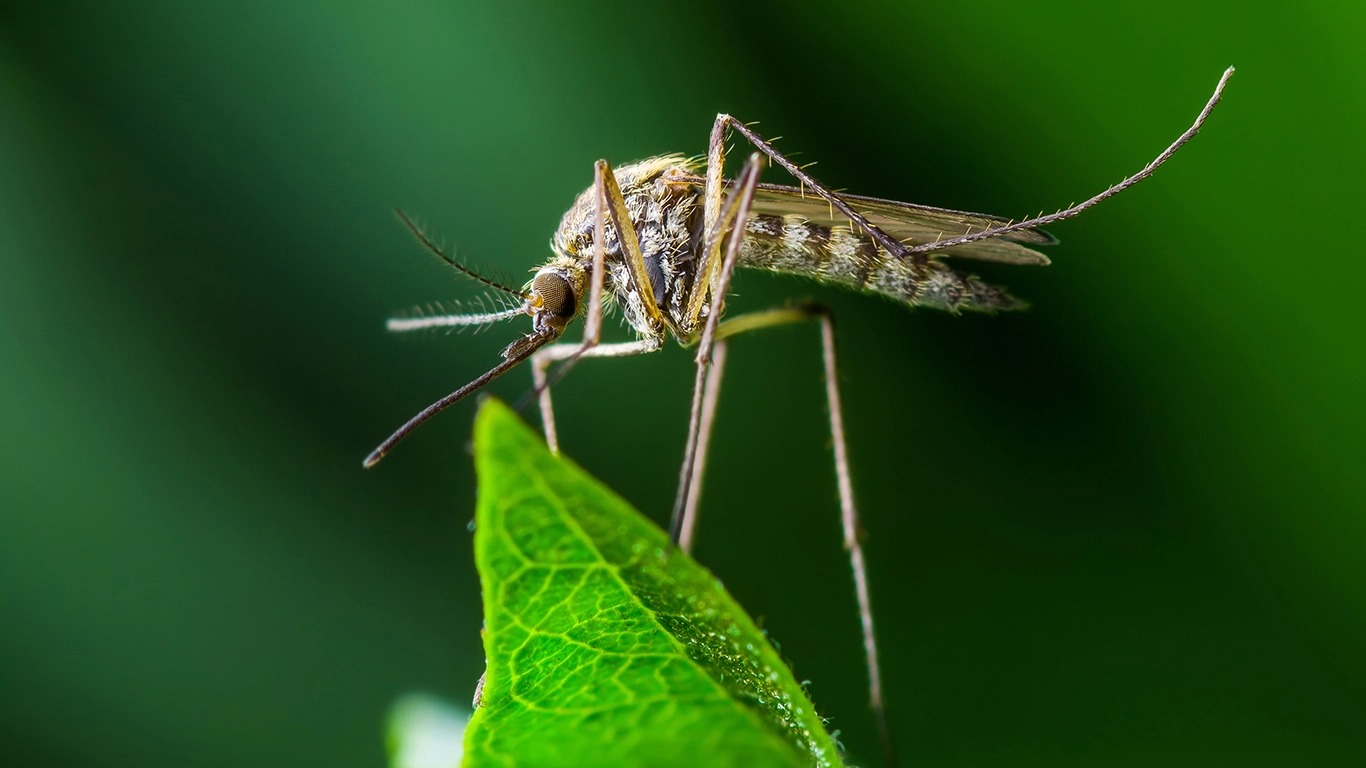
What are mosquitoes good for? You might be asking that question on a summer evening as you’re sipping your drink of choice and the pesky pests arrive to spoil the mood.
There are as many as 3,500 species of mosquitoes, some of which can be found as far north as the Arctic. Fossil records indicate mosquitoes have been here for 200 million years, long before humans. Only a few hundred of these species bite or bother humans. Only the females sting humans and other animals, and they do so to draw protein from blood needed to lay their eggs.
Not all varieties of these insects carrying horrible diseases such as Zika, the West Nile virus, and malaria. Scientists call such mosquitoes “vectors” that transmit diseases. The nasty species Aedes aegypti carries the viruses that cause dengue fever, yellow fever, Chikungunya, and Zika.
So what are mosquitoes good for? 24/7 Tempo looked for answers to that question by reviewing scientific sources such as Nature.com and consulting experts such as Nora J. Besansky, O’Hara Professor, Associate Chair, Evolutionary, Ecological and Functional Genomics of Malaria Vectors at the University of Notre Dame, and an expert on mosquitoes.
Since most mosquito species don’t carry diseases, they are harmless creatures, and their impact on nature is mostly benign. They are a food source for other animals and are also pollinators, and have other benefits to the ecosystem.
But their existence to the environment is not crucial. Scientists believe nature could adjust to a world without mosquitoes. But they would not want to eliminate mosquitoes until we are fully aware of the purpose they serve in nature.
Eradicating deadly mosquito species from parts of Africa and Asia would reduce the burden of health-care systems in those areas and fewer people would die. Indeed, mosquitos are certainly not as essential to the ecosystem as other insects. Here is a list of crops that would be most affected if honey bees disappeared.





